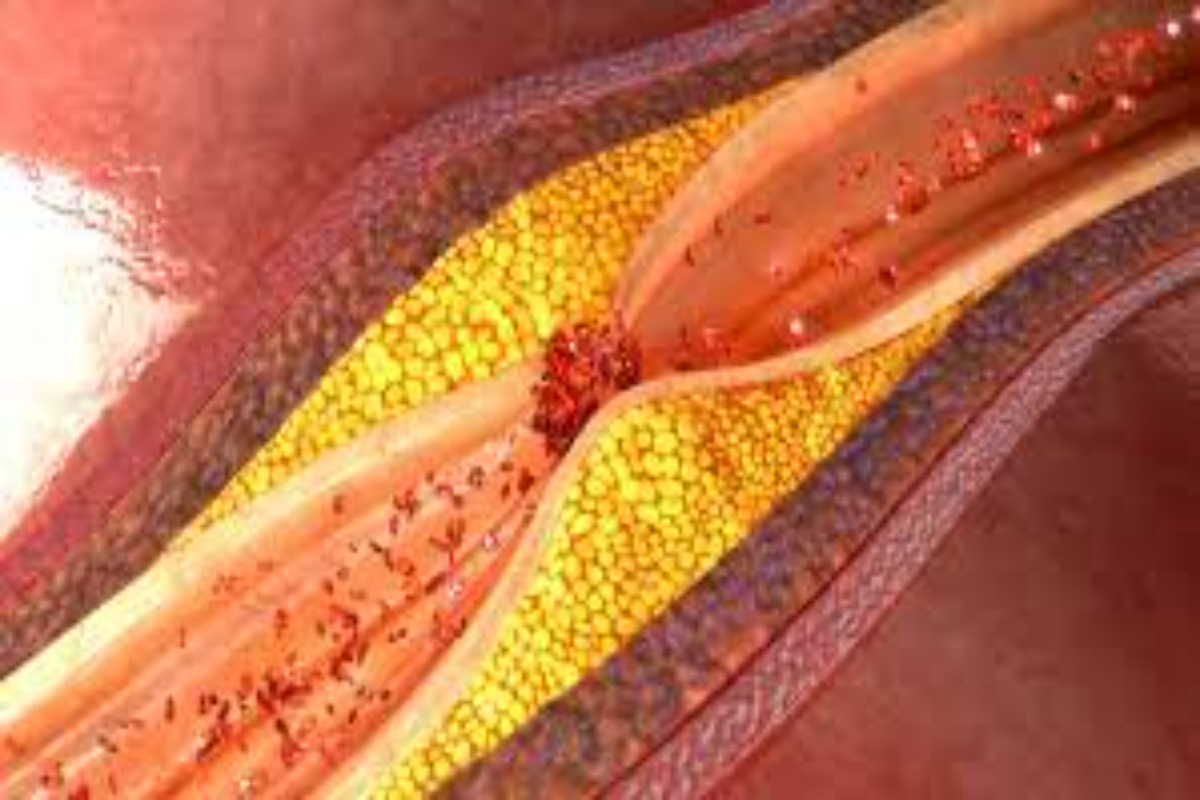Why is there still no government after the Malaysian election?
A hung parliament was the one outcome of the Malaysian general election...

“Good” cholesterol may not prevent heart disease, research
Doctors have been informing their patients for years that having high levels of HDL, or “good cholesterol,” may shield them against heart disease. However, a recent study contends that having high levels of so-called “good cholesterol” is not associated with a reduced risk of heart attacks.
That does not imply that HDL levels are unimportant.
Researchers published Monday in the Journal of the American College of Cardiology that a study of data from over 24,000 American people revealed that too low HDL cholesterol was linked to an elevated risk of heart disease in white adults but not in Black persons.
The new findings shocked the researchers, whose original goal was to determine how the future risks of middle-aged Black and White adults without heart disease were affected by their cholesterol levels. White adults made up the majority of previous research on “good” cholesterol and heart disease.
The study’s senior author, Nathalie Pamir, an associate professor of cardiovascular medicine at Oregon Health and Science University School of Medicine, said, “I did not expect high levels of HDL would not be protective.” “And I most definitely did not anticipate that low levels would not be predictive for Black people.”
Although patients may not always be hearing the message, experts say the latest study, which was co-funded by the National Institutes of Health, is a part of a growing body of evidence challenging the notion that high HDL cholesterol levels are protective against heart disease.
According to Pamir, who is also a researcher at the Center for Preventive Cardiology at OHSU’s Knight Cardiovascular Institute, “those of us with high HDL have been getting a pat on the back from our doctors.” “Your HDL is good, so don’t worry, we’ve been told. You are safeguarded.
LDL, or low density lipoprotein, increases the risk of heart attack and stroke by causing fatty deposits to form in the arteries. High density lipoprotein, or HDL, is supposed to be protective because it transports cholesterol to the liver, where it is excreted.
It is now more obvious that having high HDL simply raises the overall cholesterol level.
At the end of the day, cholesterol is still cholesterol, Pamir remarked. More and more research is demonstrating the harm that HDL levels above 80 do to cardiovascular outcomes.
The results indicate that the algorithms used to determine a person’s risk of coronary heart disease need to be changed because they currently show a decreased risk if HDL is high, according to Pamir.
She added that race must be taken into account when calculating risk and speculated that the variations identified in Black people may be due to socioeconomic rather than genetic causes.
The total cholesterol reading should be the main emphasis right now, according to Pamir.
The unit of measurement for cholesterol is milligrammes per deciliter of blood (mg/dL). The ideal total cholesterol level for an adult is around 150 mg/dL, with LDL levels at or below 100 mg/dL, according to the American Heart Association.
Pamir and her coworkers used information from the Reasons for Geographic and Racial Differences in Stroke (REGARDS) project to examine the relationship between HDL and the risk of coronary heart disease in more detail. The 23,901 middle-aged Black and White REGARDS individuals who were enrolled from 2003 to 2007 and who did not have heart disease at the time of enrollment were the subject of the study.
1,615 cardiovascular events occurred over a mean follow-up of 10.7 years, with 41.1% of Black individuals and 45.5% of women experiencing these events. Both high LDL and high triglyceride levels were linked to a higher risk of coronary heart disease in Black and White subjects.
White individuals, but not Black participants, had a higher risk of coronary heart disease when their HDL levels were low.
The message that high HDL levels are not protective should be understood, according to Dr. Howard Weintraub, clinical director of the Center for the Prevention of Cardiovascular Disease at the Leon H. Cheney Division of Cardiology at NYU Langone Health.
Literally every day, someone with an HDL of 80 or 90 enters my clinic, “Weintraub, who wasn’t a part of the new study, said. “Their doctor encouraged them not to worry about their bad cholesterol because the good cholesterol was so good, but when I tell them that doesn’t mean they are bulletproof, they are devastated.
The notion that HDL offered protection was so widely accepted that drug companies created medications that increased “HDL levels by 100%, and people died,” according to Weintraub.
According to cardiology expert Dr. Robert Rosenson, higher HDL levels are often a sign of a healthy lifestyle.
According to Rosenson, director of lipids and metabolism at the Mount Sinai Health System in New York, who was not involved in the new study, “those with higher HDL levels are less likely to be overweight, more likely to be active, less likely to be smokers, and less likely to develop prediabetes.”
Nevertheless, Rosenson deemed the new study significant since people with high HDL levels who ought to be taking medicines to decrease their cholesterol might not be.
According to Dr. Leslie Cho, an interventional cardiologist who also serves as the Cleveland Clinic’s department head of preventive cardiology and cardiac rehabilitation, another noteworthy discovery is the disparity in cardiovascular risk between Black and White patients.
Cho, who wasn’t involved in the new study, said underrepresented minority groups should demand more clinical (trial) representation. It’s quite significant.
Catch all the Business News, Breaking News Event and Latest News Updates on The BOL News
Download The BOL News App to get the Daily News Update & Live News.